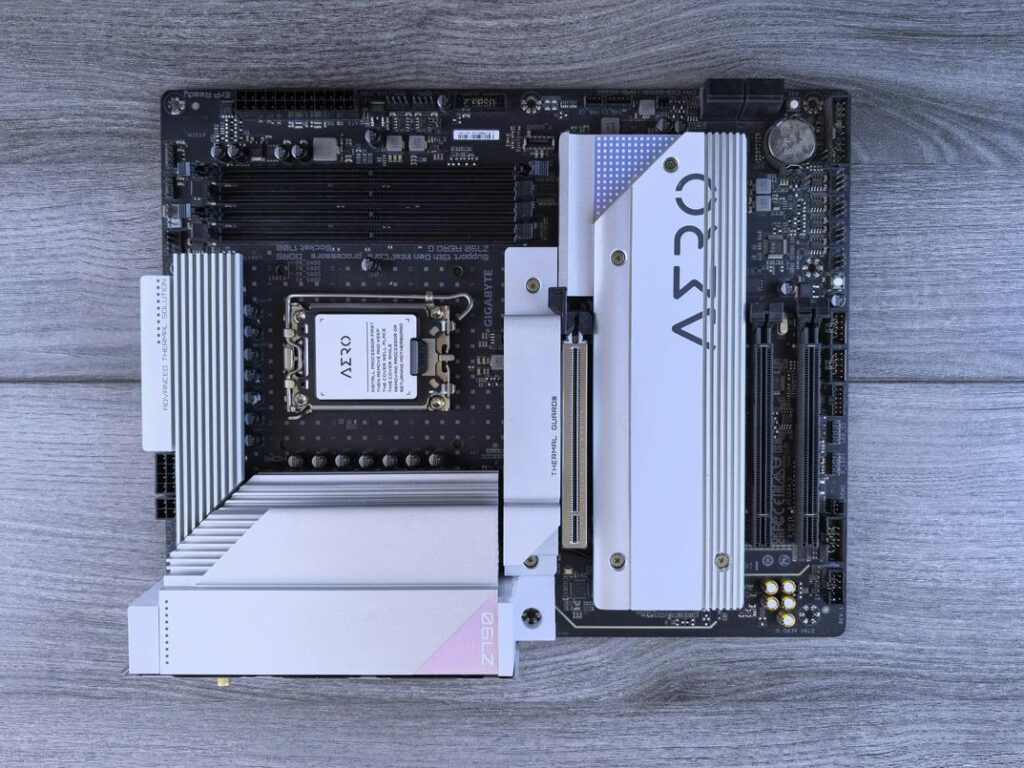Immersing myself in the world of virtual reality gaming has always been a thrilling experience. As I delve deeper into the realms of VR adventures, I can’t help but wonder about the psychological impacts of prolonged exposure to this cutting-edge technology.
The allure of virtual worlds is undeniable, but what toll does it take on our minds?. Exploring the psychological effects of long-term VR gaming is a fascinating journey that unveils both the exhilarating and potentially concerning aspects of this immersive medium.
From heightened senses of presence and escapism to the risks of addiction and desensitization, the impact of extended VR gameplay on mental well-being is a topic that warrants closer examination. Join me as we navigate through the virtual landscapes to uncover the hidden truths behind the psychological ramifications of prolonged VR gaming sessions.
Overview of Long-Term VR Gaming
Reflecting on my extensive virtual reality gaming experience, one cannot overlook the profound psychological implications accompanying prolonged interaction with VR technology. The captivating allure of virtual worlds draws players in, offering a heightened state of sensory presence and an unparalleled sense of escapism.
However, beneath the surface lies a realm fraught with potential risks, including the perils of addiction and the desensitization that may ensue from protracted engagement with VR environments. Join me as we delve deeper into the psychological ramifications of extended VR gaming sessions, shedding light on the concealed truths underlying this innovative and immersive form of entertainment.
Psychological Impact on Cognitive Functions
Exploring the effects of long-term VR gaming on cognitive functions reveals compelling insights into memory, attention span, and executive functions.
Memory
VR gaming’s immersive nature can influence memory retention. The blend of visual, auditory, and kinesthetic stimuli in virtual environments creates strong memory associations.
While this can enhance some aspects of memory, such as spatial memory, prolonged exposure may lead to cognitive overload.
Attention Span
Extended periods of VR gaming have implications for attention span. The constant engagement required in virtual worlds can train the brain to maintain focus for extended durations.
However, this heightened focus may result in decreased attention span outside the virtual realm. Balancing virtual experiences with real-world interactions is essential to maintain a healthy attention span.
Emotional Response to Extended VR Gaming
Exploring the emotional response to extended VR gaming reveals a multifaceted landscape of feelings and reactions that players may encounter. Engaging in virtual reality environments for prolonged periods can elicit a spectrum of emotions, ranging from exhilaration and joy to frustration and anxiety.
- Excitement: The thrill of exploring fantasy worlds and undertaking daring adventures in VR can ignite a sense of excitement. The adrenaline rush experienced during intense gameplay can create a euphoric state, enhancing the overall gaming experience.
- Frustration: Conversely, challenges or obstacles within VR games may lead to frustration and agitation. Struggling to overcome difficult levels or tasks can evoke feelings of irritability and impatience, affecting the emotional well-being of the player.
- Empowerment: Conquering challenges and mastering skills in a virtual setting can instill a sense of empowerment. Progressing through levels and achieving goals can boost confidence and self-esteem, triggering positive emotions in players.
- Immersion: The immersive nature of VR technology can blur the lines between reality and the virtual world, intensifying emotional responses. Becoming deeply engrossed in virtual environments can evoke strong emotional reactions, shaping the overall gaming experience.
- Anxiety: Extended exposure to VR gaming, especially in high-stress or competitive scenarios, may induce feelings of anxiety or apprehension. The pressure to perform well or meet in-game objectives can contribute to heightened levels of stress and tension.
Understanding the emotional dynamics of prolonged VR gaming is essential for players to navigate their virtual experiences mindfully. Balancing the intensity of emotions elicited in virtual environments with self-regulation and real-world interactions is crucial for maintaining emotional well-being while exploring the boundless realms of virtual reality.
Social Isolation and Interaction in VR
In virtual reality (VR) gaming, social isolation and interaction play significant roles in the overall gaming experience. While VR can offer immersive and interactive environments, it can also lead to isolation from real-world social interactions.
This isolation can be a result of spending extended periods in virtual worlds, detached from face-to-face communication with friends, family, and peers.
Engaging in VR gaming for long durations may lead to a decreased frequency of real-world socializing. Players engrossed in VR worlds may find themselves preferring virtual interactions over physical ones. This shift towards virtual socialization can impact their social skills and hinder their ability to communicate effectively in real-life situations.
Moreover, the intense immersion provided by VR experiences can lead to a preference for virtual relationships, impacting one’s perception of social interactions. Players may develop stronger connections with online avatars than with real individuals, blurring the lines between virtual and actual social connections.
It’s essential to recognize the balance between virtual and real-world interactions to prevent social isolation and maintain healthy relationships outside of the VR realm. Finding a harmony between the two realms is crucial for overall well-being and social development.



